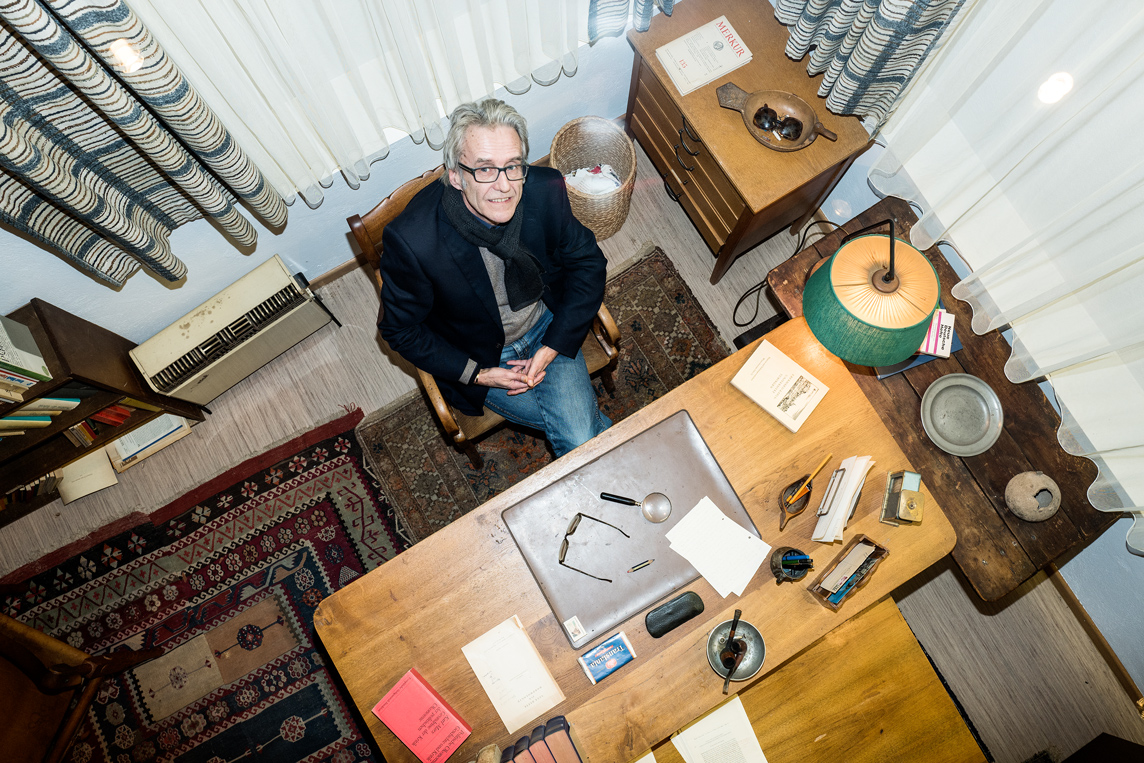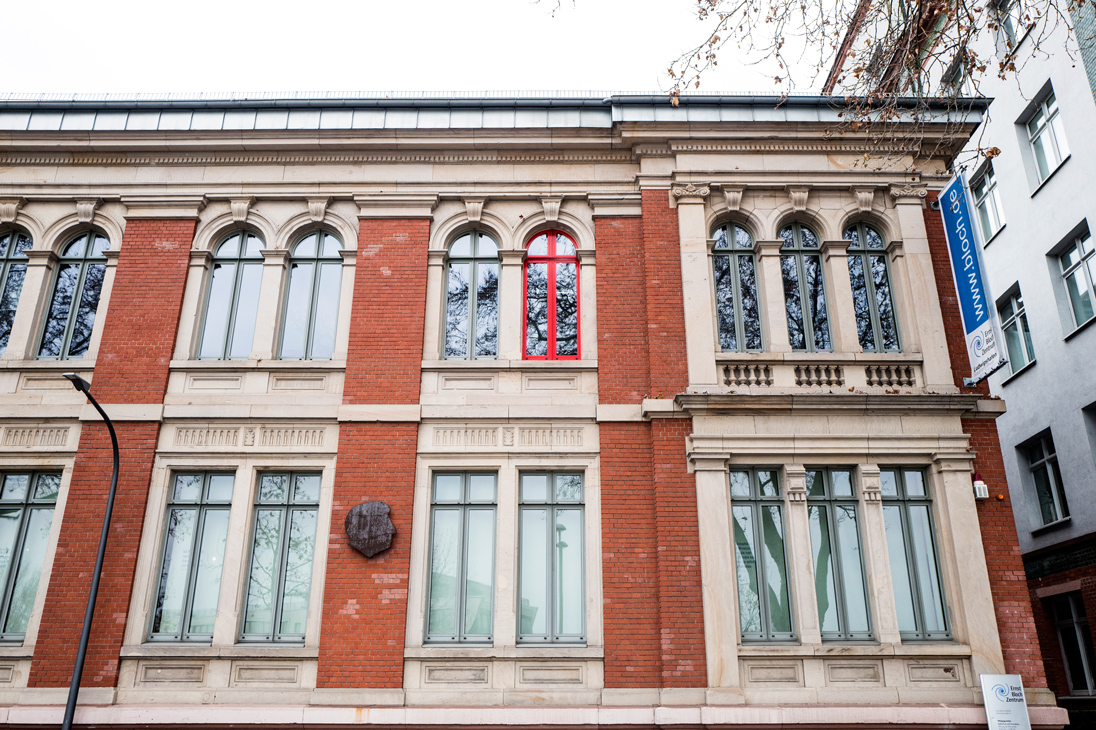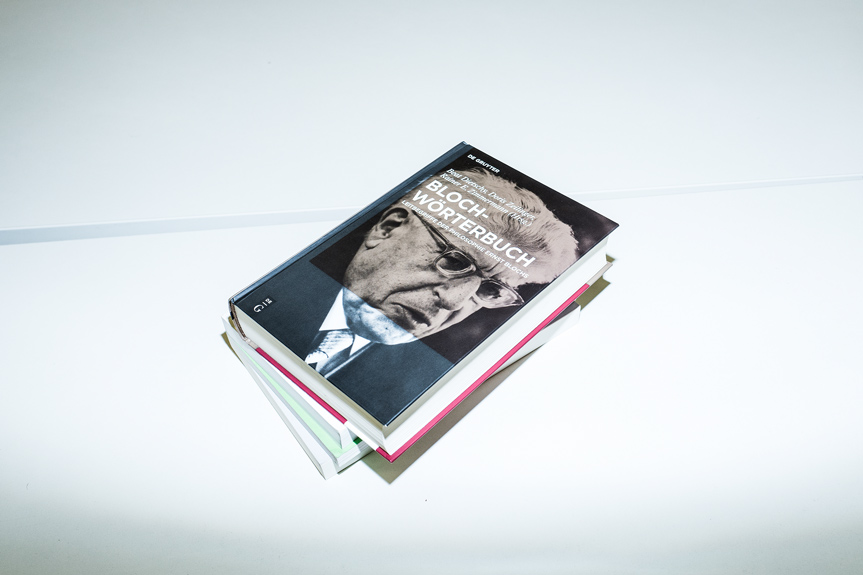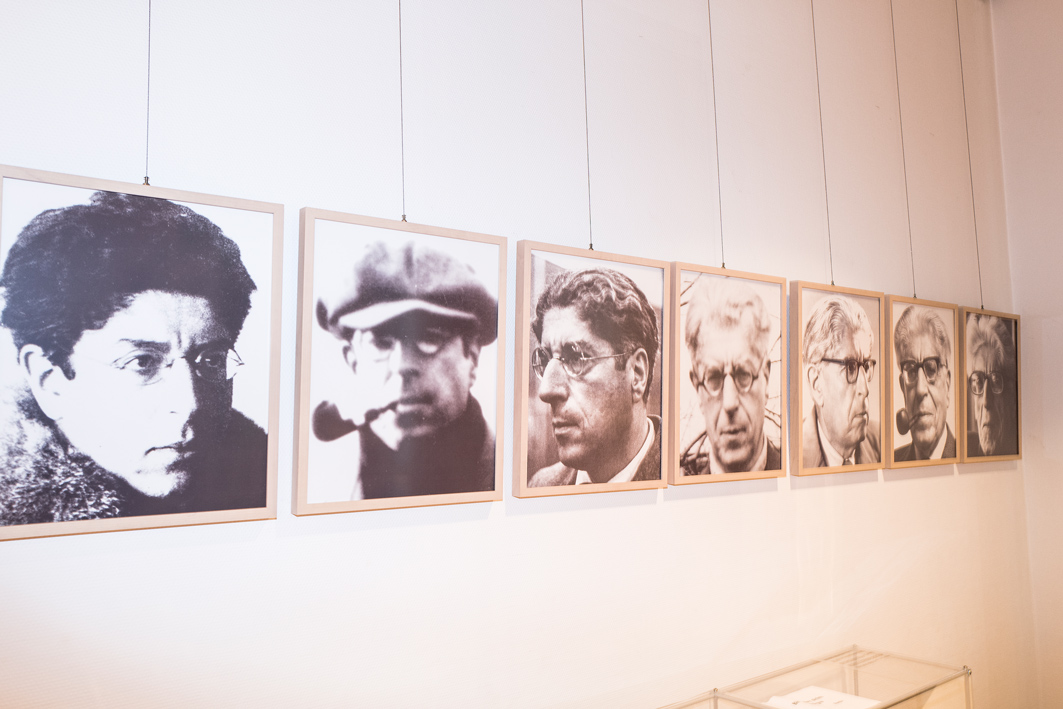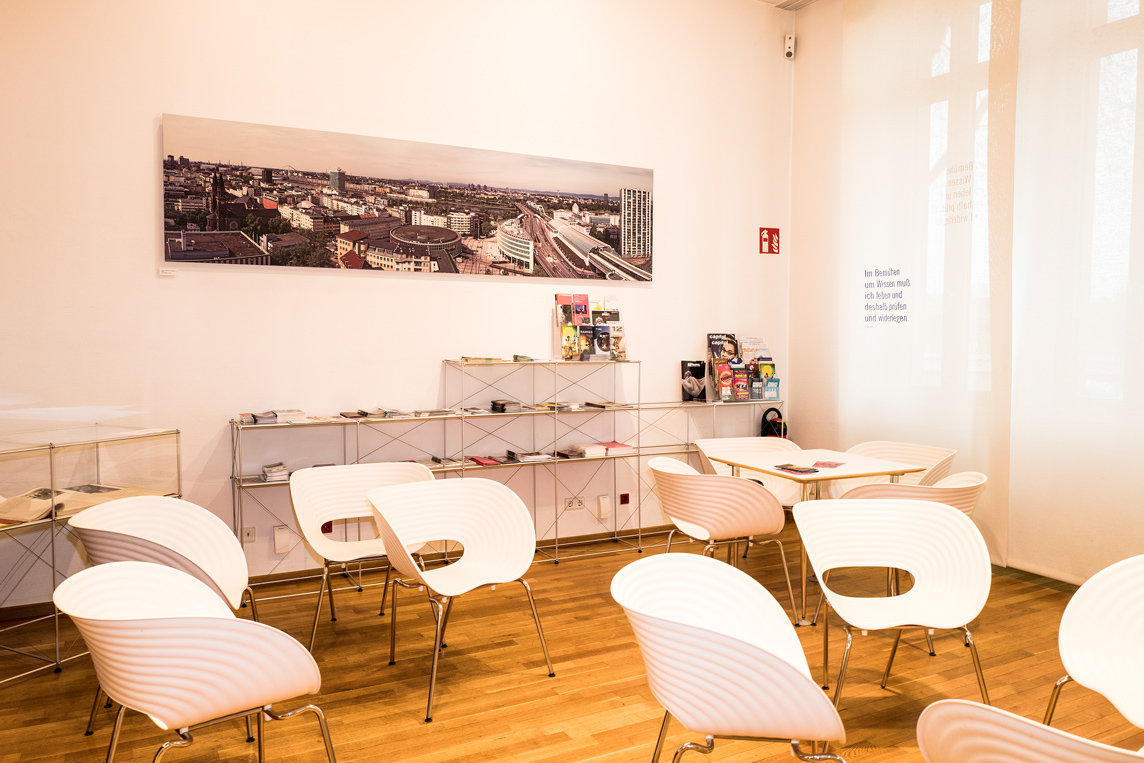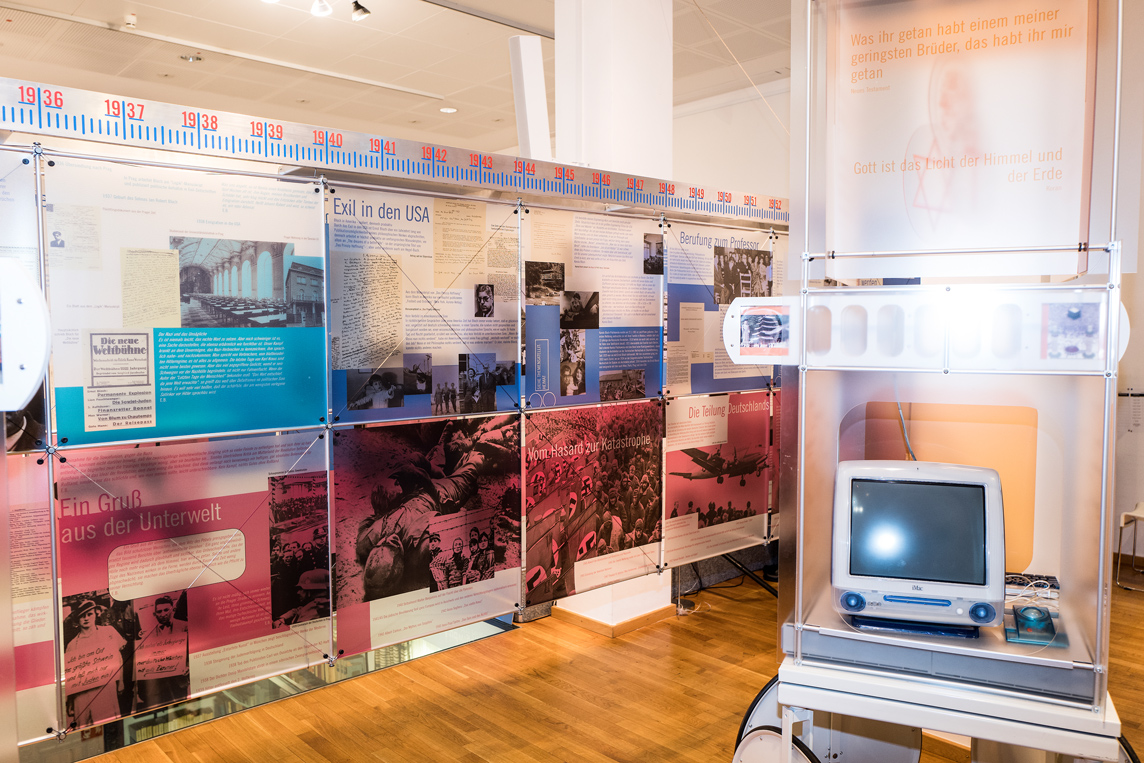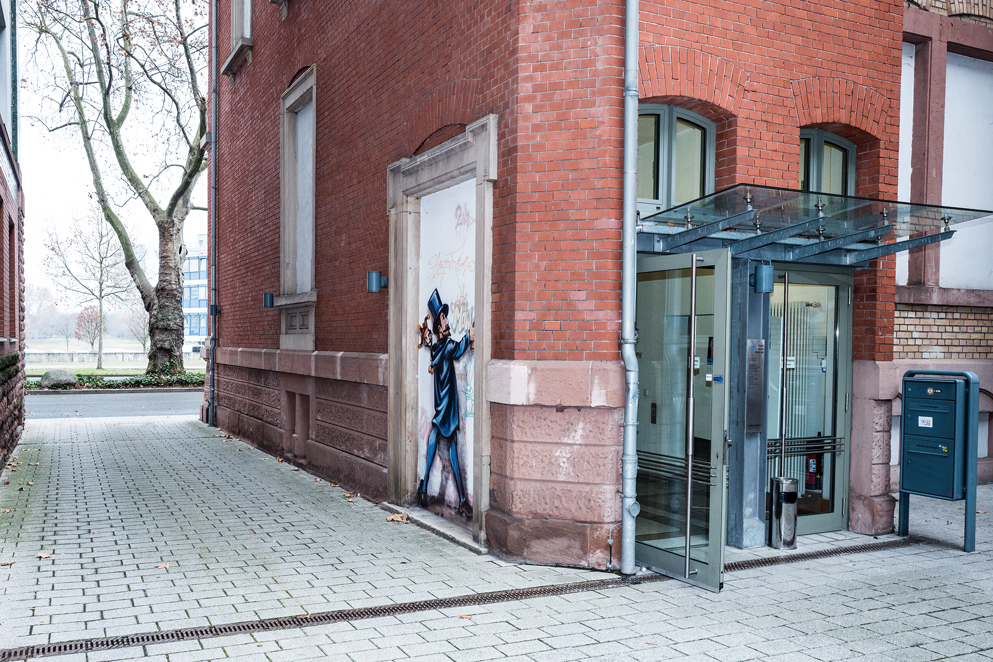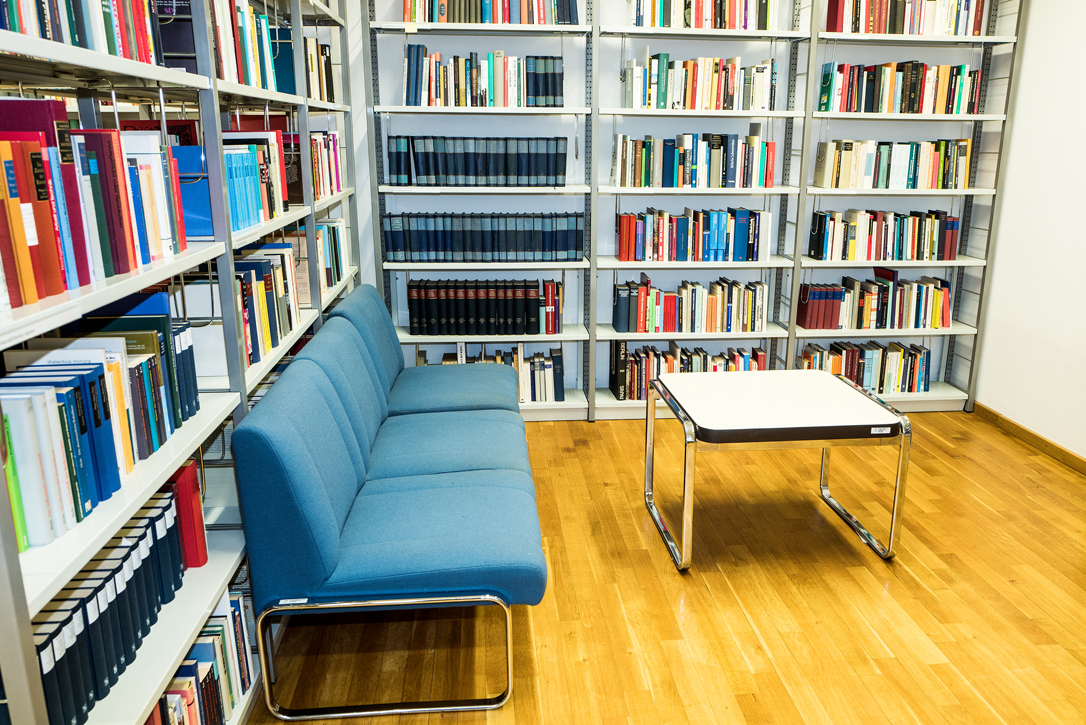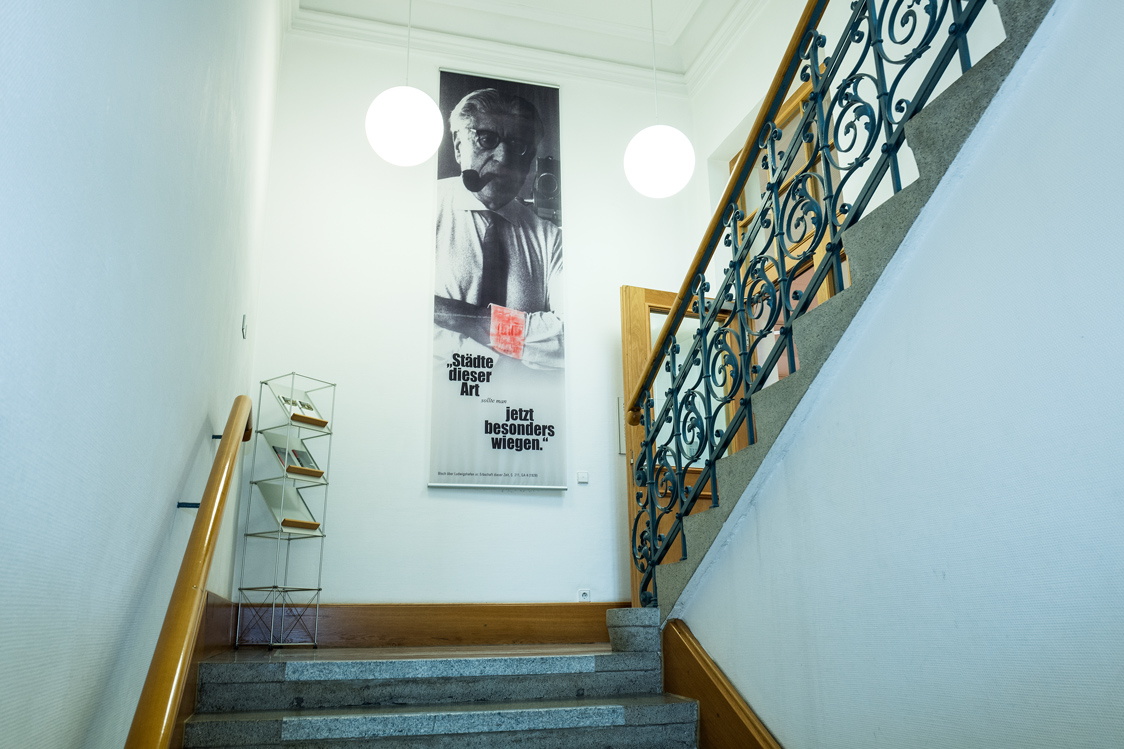At nineteen, Klaus Kufeld read Ernst Bloch for the first time – without suspecting that the famous philosopher could play a vital role later on in his life. Today, Klaus Kufeld has been in charge of the Bloch-Zentrum (Bloch centre) in the town of Ludwigshafen for 20 years. The former villa of a factory owner, located on the Rhine, shelters not only the writings of the great thinker, but also a reproduction of his study. Between tobacco and Adorno you can get in touch with the Ludwigshafen philosopher.
Text, text, everywhere there’s text. Crossed out, underlined, rewritten. In Ernst Bloch’s writings, there are arrows. There are notes in the margins, footnotes and additions. Unlined paper, filled with so many supplementary notes, that only he would be able to identify the latest state of it all. And a style of handwriting that would drive any editor nuts: scrawled somewhat askew, cryptic and tiny. Even though the spirit of his “Principle of Hope” was all a grand gesture that still lasts today. A motivation to take charge of one’s destiny and to always recognize a beginning in an end, even in the very apocalypse.
Kufeld stands in front of Bloch’s desk inside the villa of the Ludwigshafen Walzmühle building and adjusts a tobacco pack, apparently lying carelessly on top. He puts it level with a letter from the sixties. The odour of cold pipe smoke is in the air, and of old paper. You can sense Bloch’s presence in this room, so much so that you can almost see the philosopher (1885-1977) ploughing the texts. In his wing chair with an odd tapestry, Bloch looked like a landmark – and Kufeld appears merely slim, almost boyish, there. But it is him, who has been in charge of the Bloch-Zentrum for 20 years – and who is in retirement since November, theoretically.
“I am a lifeblood worker,” says the 65-year-old, and he convinces you straight away. The programme of the Ludwigshafen Bloch-Zentrum is manifold and centres around issues of the future and crucial questions of the present. Symposia follow readings, exhibitions and debates. Kufeld is involved in the presentation of the Ernst-Bloch-Preis and William-Dieterle-Filmpreis awards and he called the “Zukunftsrede” (future speech) into being. All of these formats take place above the heart of the house, which you can look into through a glass top that is embedded in the floor – Bloch’s study.
